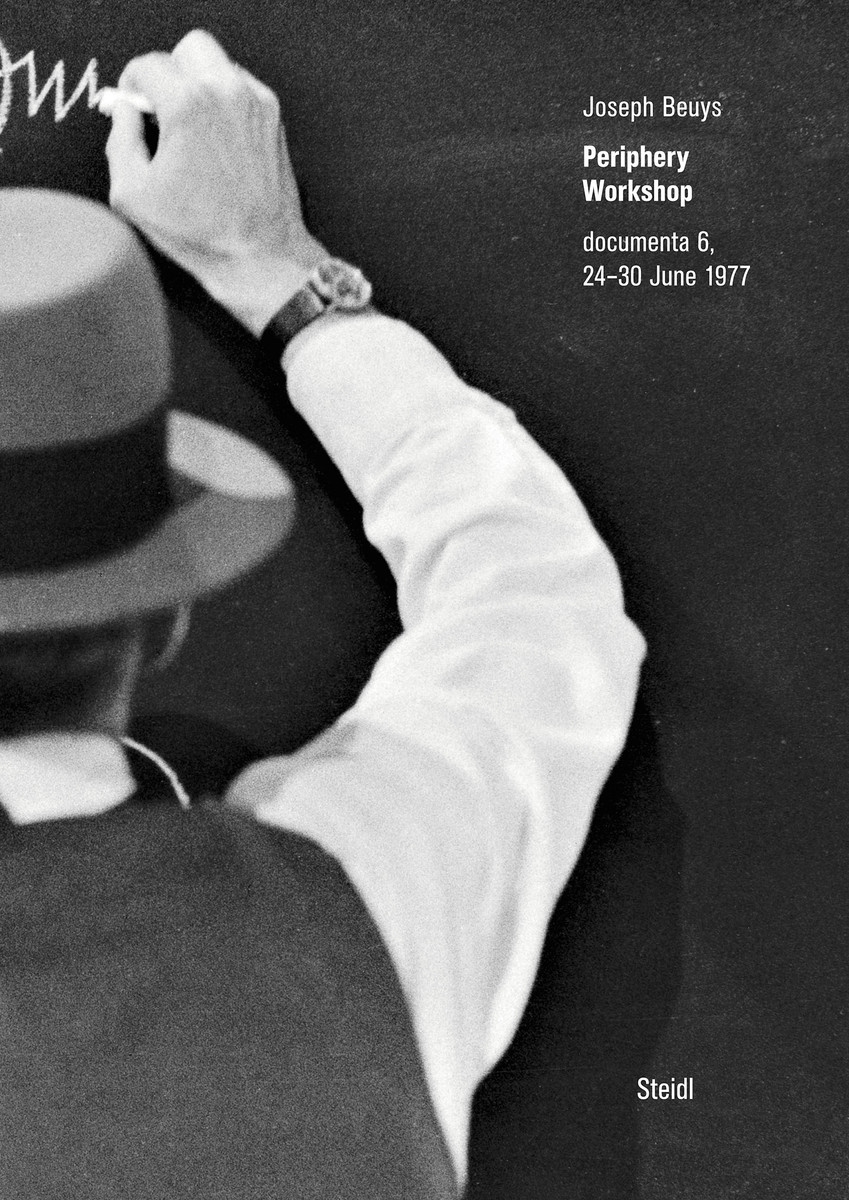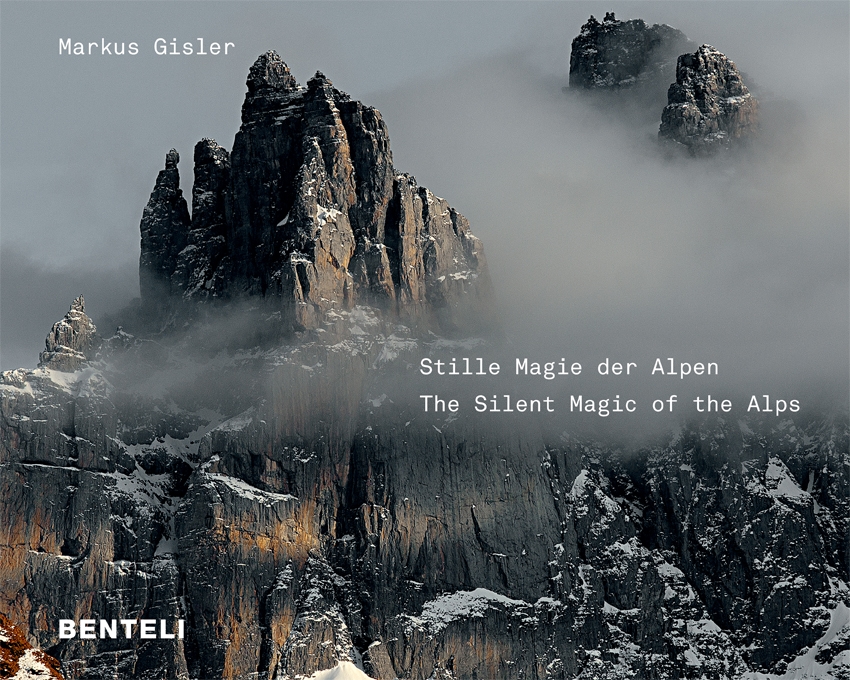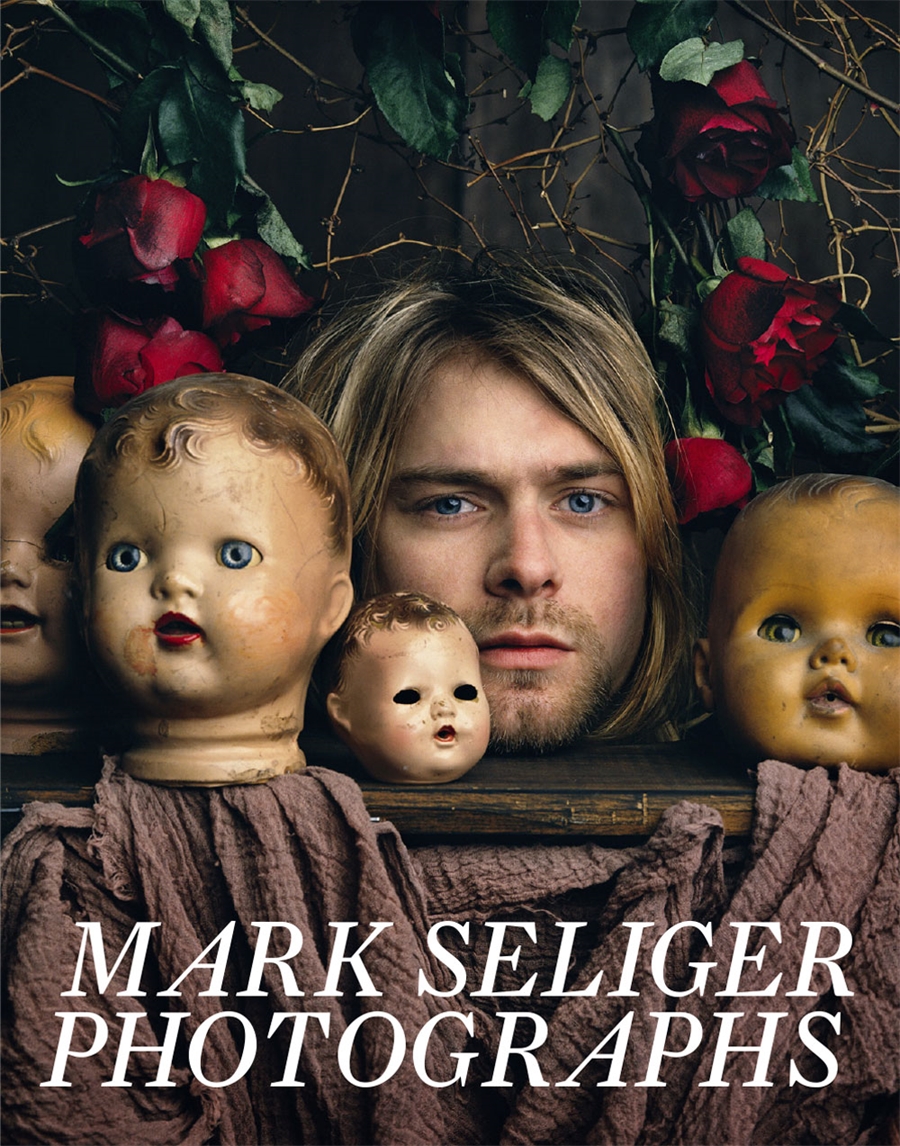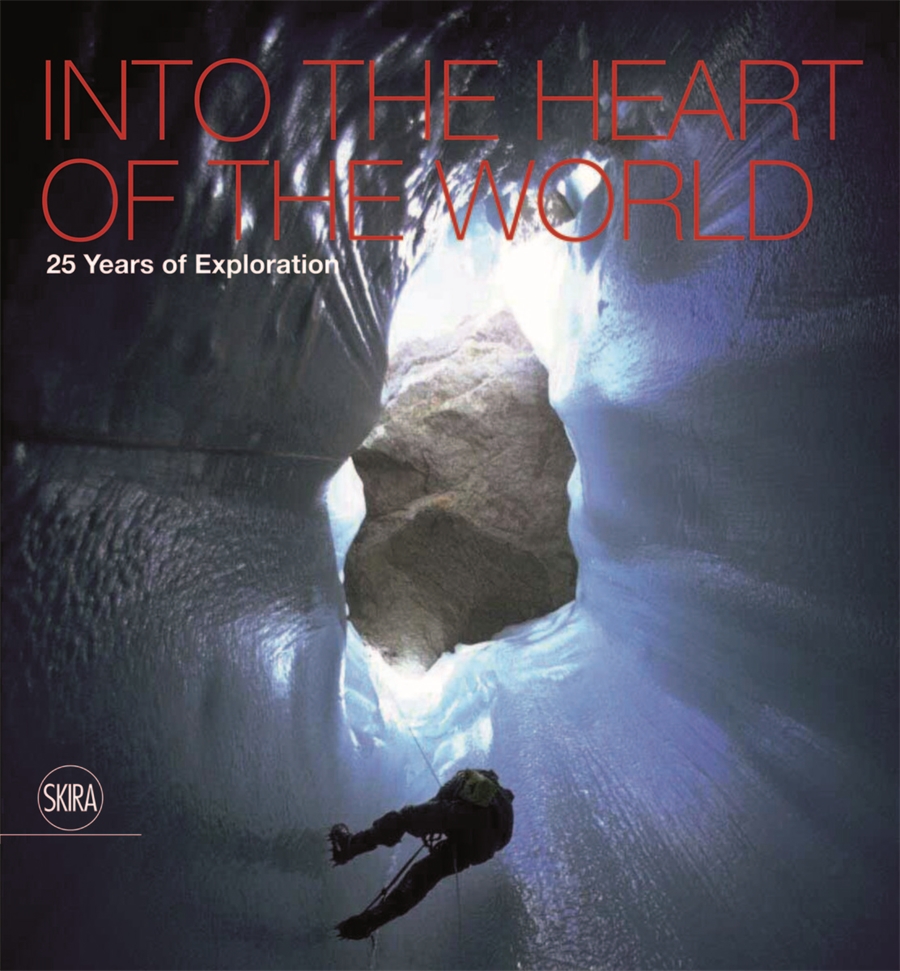Description
On 27 April 1973, Joseph Beuys founded the Free International University for Creativity and Interdisciplinary Research, a staunchly anti-establishment institution designed to help individuals realize their creative potential (regardless of their social, economic and educational backgrounds); and for that creativity-through art-to foster social progress. As part of the university, Beuys staged an ambitious series of 13 workshops over 100 days at document 6 in 1977, including the Migrant Workshop, the Violence and Behavior Workshop, the Nuclear Energy and Alternatives Workshop, and-the subject of this book-the Periphery Workshop.
At the heart of the Periphery Workshop were, in Beuys’ words, the themes of “peripheral regions Europe / enlarging the EEC / France-German axis / common strategies for the regions and the Mediterranean countries.” In a collaborative and inclusive spirit, visitors from across the globe were invited to discuss and ask Beuys any question on these topics they might like. Beuys, ever the showman, was more than happy to answer, and not just with words. He filled dozens of blackboards with fascinating drawings, diagrams and thoughts-intricate artworks in themselves, and the basis of this book.
In places like universities, where everyone talks too rationally, it is necessary for a kind of enchanter to appear. – Joseph Beuys




Reviews
There are no reviews yet.